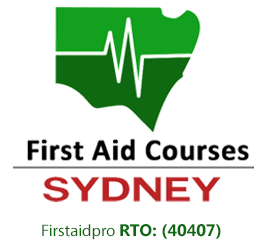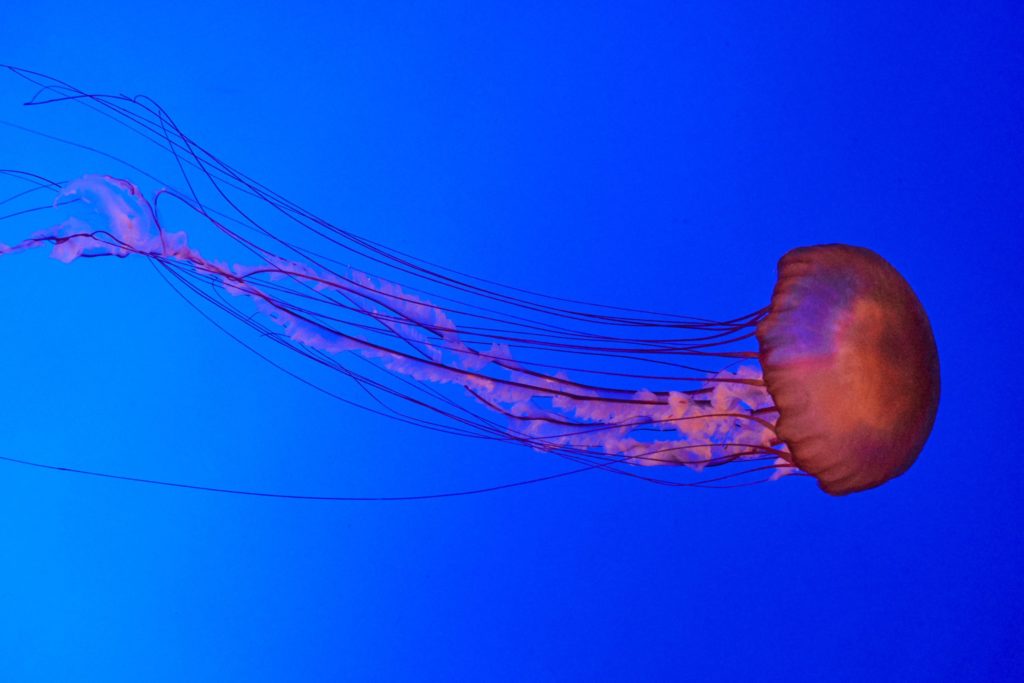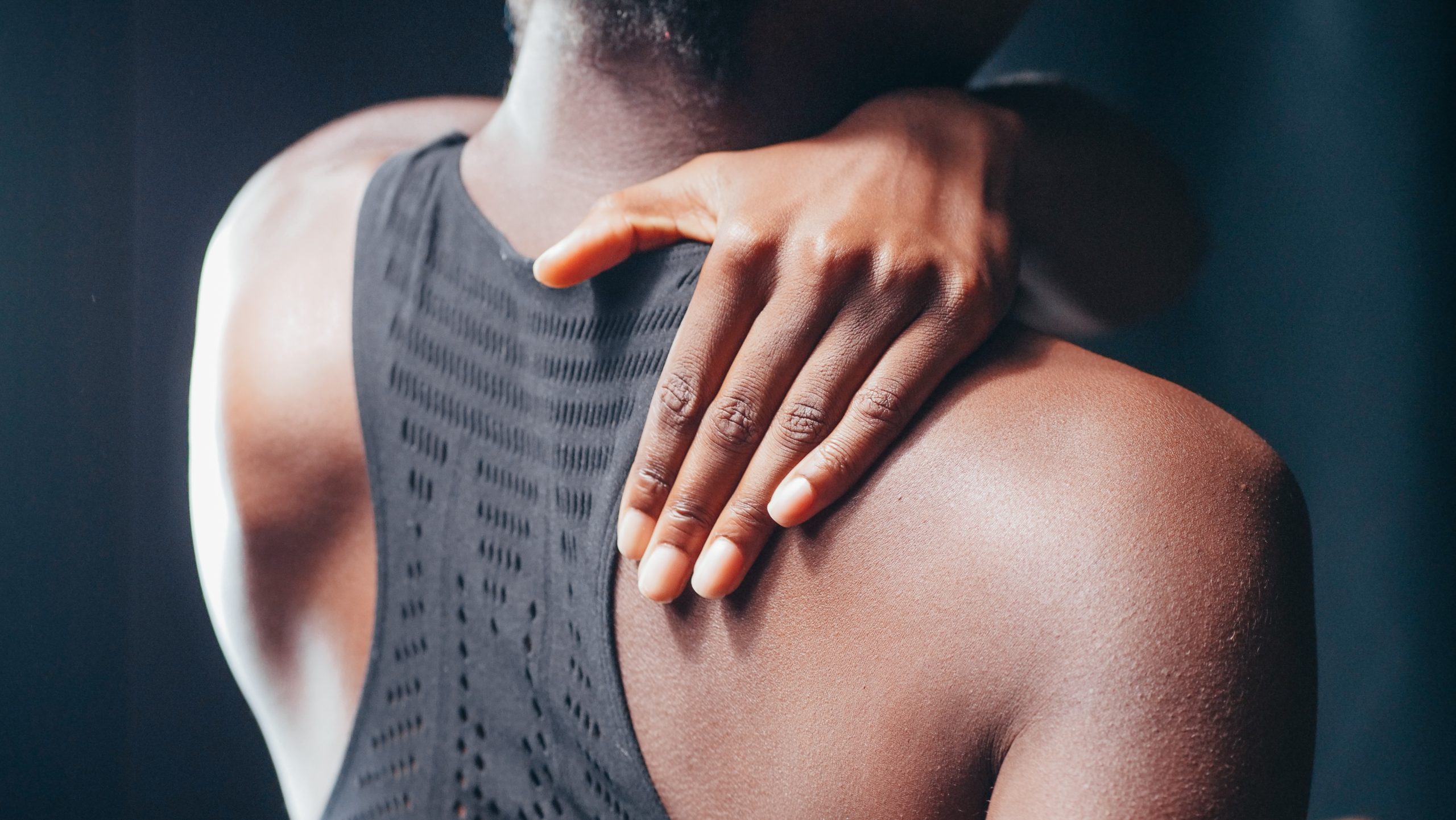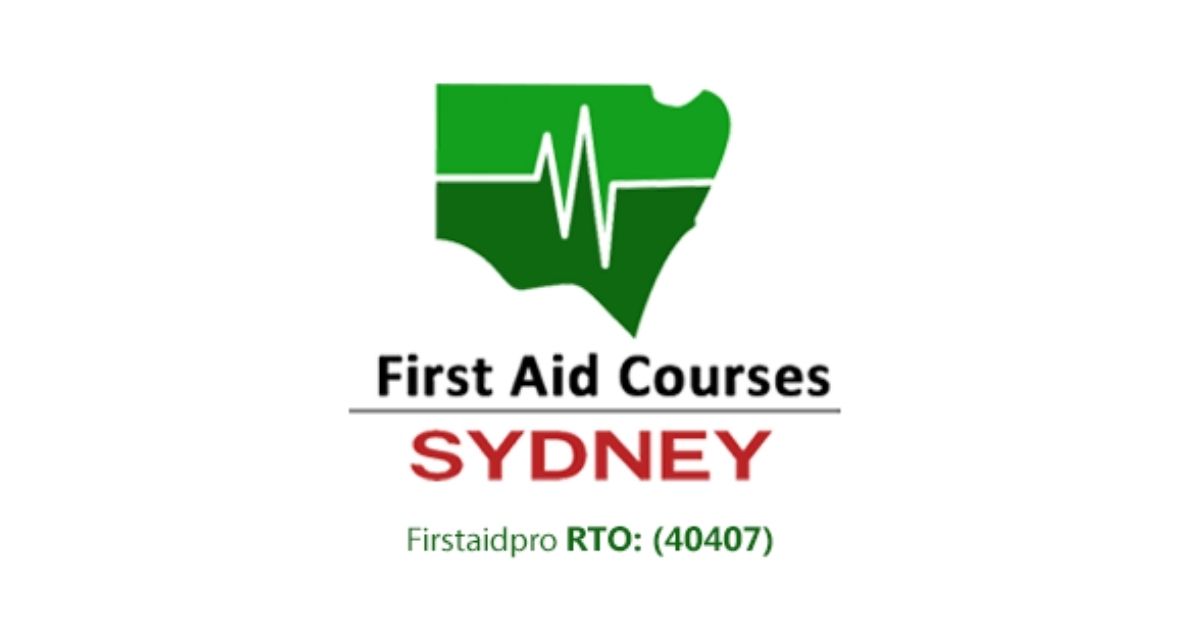The ocean is full of fascinating creatures. However, along with its beauty are some aquatic organisms that can cause harm as we explore underwater. From jellyfish stings to coral grazes, many of us will have an unpleasant encounter with aquatic life at some point. Knowing how to avoid these injuries, what creatures you should avoid, and the right treatment for marine bites and stings can help you explore underwater fully.
What is a marine animal bite or sting?
A marina animal bite or sting occurs when you are wounded (and poisoned) by an animal that lives underwater. Studies show that about 2,000 animal species found in the oceans are either venomous or poisonous to humans. In fact, many of these bites can cause serious illness or death.
A marine animal bite or sting happens when you are poisoned or wounded by an animal that lives in saltwater. There are about 2,000 species of animals found in the ocean that are either venomous or poisonous to humans. Many can cause serious illness or death.
Here are the most common marine bites and stings you should look out for.
Jellyfish sting
Number one on the list is the jellyfish sting. A jellyfish sting is one of the most common marine life injuries. This creature has tentacles with microscopic barbs that release toxins when they come into contact with the skin. The reaction may vary for every person, but numbness, mild itching, or severe pain may be common.
First aid for jellyfish sting requires flushing the bite area with saltwater. Try to remove remaining tentacle pieces attached to the skin with tweezers or gloved fingers. Once all tentacles are removed, apply ice to the bite site to reduce pain and inflammation. Do not use vinegar, and never urinate on a jellyfish sting.
Most jellyfish stings are considered minor and will only require basic first aid. However, some stings can be serious and deadly. If you experience severe pain in the chest, difficulty breathing, or large skin is stung – seek immediate medical care.
Sea Urchin
Sea urchins are known to have sharp, venom-coated spines. Accidentally stepping or touching a sea urchin is painful as it easily becomes lodged in your skin. Although painful, encounters with this sea creature are rarely serious.
First aid for sea-urchin puncture wounds involves applying heat. Immerse the affected area in hot water, clean it, and remove any superficial spines. Apply antiseptic ointment or over-the-counter solutions if available.
Stingrays
Stingray injuries are more likely to happen to swimmers or snorkelers who walk in shallow water near the shore. There is a risk of accidentally stepping on a stingray. Reactions may vary from person to person, but common symptoms include intense pain, nausea, and weakness.
First aid for stingrays involves thoroughly washing and cleaning the wound. Bleeding control is also recommended for wounds that involve heavy bleeding. Seek professional medical evaluation following a stingray injury. The risk for infection and tetanus from stingrays must be professionally minimised.
Blue-ringed octopus
Australia’s blue-ringed octopus is one of the most dangerous marine animals ever existed. It has venous saliva with neurotoxins that may lead to respiratory failure and paralysis. According to scientists, one blue-ringed octopus has enough venom to cause paralysis in 10 adult humans.
First aid for blue-ringed octopus may require cardiopulmonary resuscitation (CPR) if the victim is unconscious or not breathing. Call triple zero (000) for emergency assistance. Apply a pressure immobilisation bandage and stay with the victim until medical help arrives.
How To Prevent Marine Bites and Stings
Here are additional tips to protect you from marine stingers:
- Do not enter the water when the beaches are closed or unpatrolled
- Wear a full-body suit for extra protection, particularly during stinger season
- Do not touch marine stingers found in the water and nearshore
- Enter the water slowly to give marine creatures time to swim away
- Ask lifeguards or locals nearby for help or advice if needed
- Do some research on marine stingers popular on the place you are going to
Should I do a first aid course?
Knowing what to do in an emergency help save lives. It is always a good idea to do a First Aid Course.
You can book a first aid course through The Sydney First Aid Course website or call 08 8382 4677.







